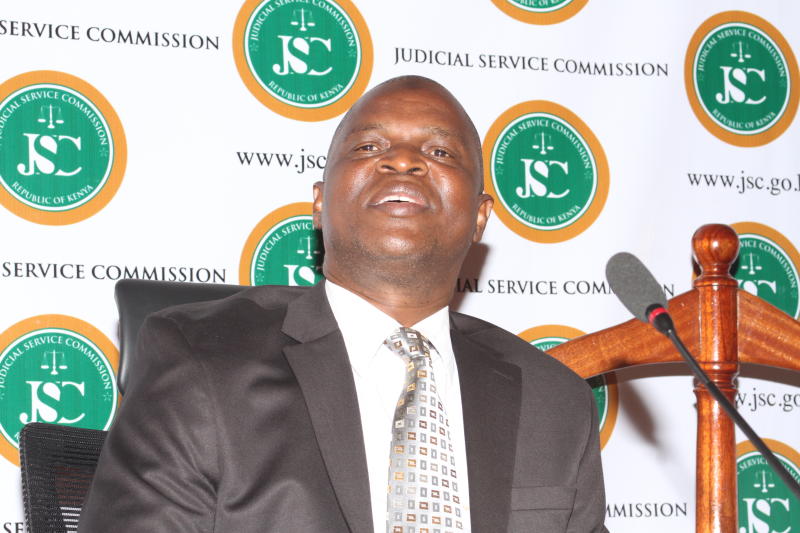
What started out as a lunchtime stroll for High Court Judge Justice Said Chitembwe jerked, in minutes, into a spectacle that saw cops pounce, force him into fellow judge’s office followed by a three-hour ordeal.
An ambitious judicial officer, Justice Chitembwe recently lost his bid to become a Chief Justice, having had served the judiciary since April 2009. His accomplice in yesterday’s ordeal, Justice Aggrey Muchelule, is among the group of judges whose appointment to the Court of Appeal was controversially vetoed by President Uhuru Kenyatta.